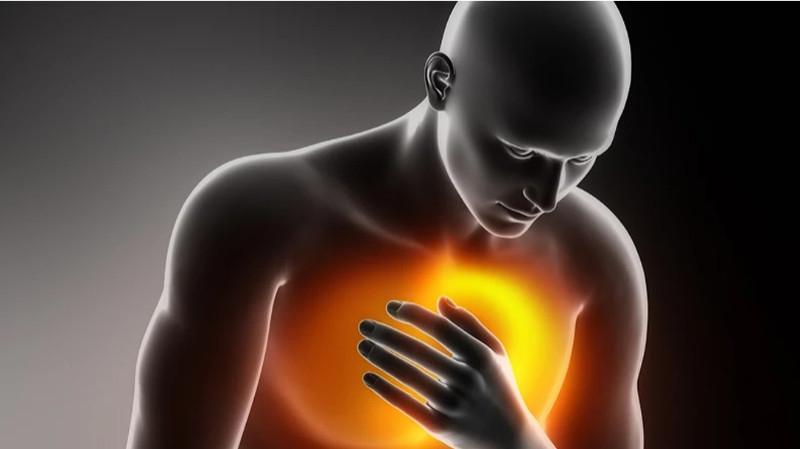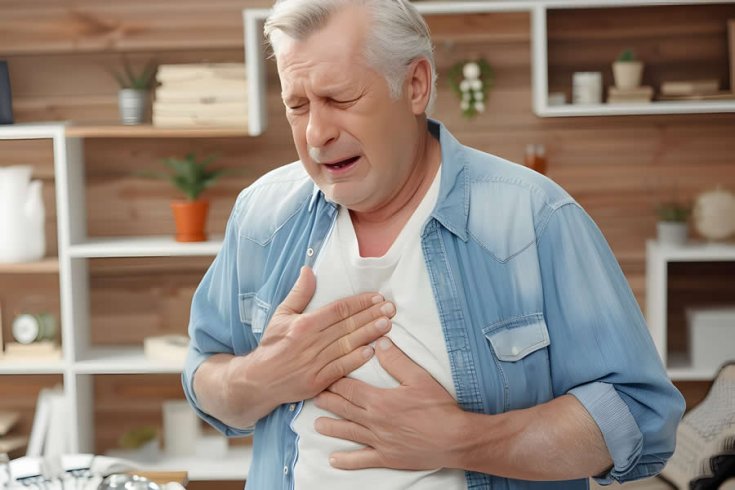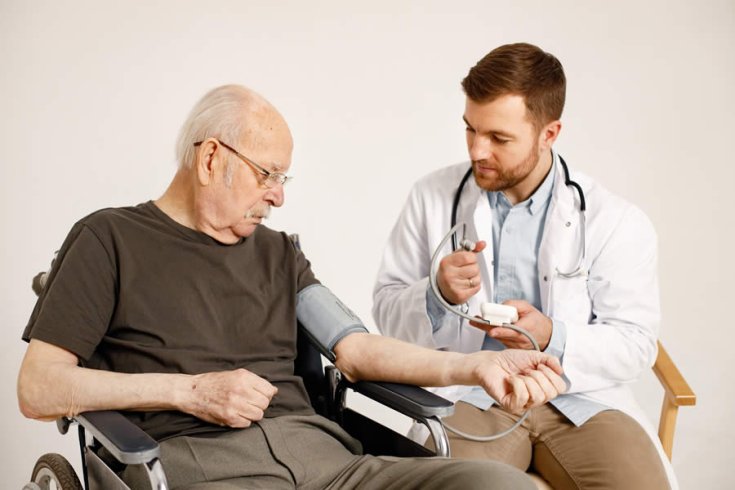Chest pain has a way of conjuring images of dramatic TV heart attack scenes. While chest pain should never be ignored, it’s not always a sign of a heart attack. In fact, there’s a wide range of possible causes – some serious and some surprisingly mundane.
In this brief article brought to you by Capitol Cardiology Associates, we explore what could be behind that discomfort, how to recognize symptoms, and what to expect from diagnosis and treatment.
This article is for educational purposes only. If you’re experiencing worrying chest pain, please seek immediate medical attention. Residents in the area can call Capitol Cardiology Associates to schedule an appointment or call 911 for emergency assistance.
Common Causes of Chest Pain
Chest pain can originate from the heart, lungs, muscles, digestive system, or even emotional triggers. Here’s a breakdown of the usual suspects. It’s worth starting with the most concerning: heart-related causes.
- Heart Attack: Happens when blood flow to the heart is blocked.
- Angina: Chest discomfort due to reduced blood flow to the heart.
- Pericarditis: Inflammation of the sac surrounding the heart.
Lung related causes include:
- Pulmonary Embolism: A blood clot in the lung that can cause a sudden and sharp pain as well as difficulty breathing.
- Pneumonia or Pleurisy: Lung infections or inflammation of the lining around the lungs.
Digestive causes of chest pain include:
- Acid Reflux/Heartburn: Stomach acid backing up into the esophagus.
- Esophageal Spasms: Contractions in the esophagus.
Then, there are musculoskeletal causes such as:
- Muscle Strain: Overworking chest muscles during exercise or heavy lifting.
- Costochondritis: Inflammation of the cartilage connecting the ribs to the sternum.
Believe it or not, emotions can also cause chest pain:
- Anxiety can trigger chest tightness, rapid heartbeat, and a feeling of doom that may mimic heart-related symptoms.
As you can see, there is no reason to panic. Still, it’s crucial that you address chest pain and understand the underlying cause.
Recognizing the Symptoms of a Heart Attack
While heart attacks are rare in young adults, recognizing the symptoms of a heart attack is critical no matter what your age. Prompt action can save lives.
The hallmark sign is intense chest pain or pressure often described as a heavy weight or squeezing sensation in the center of the chest. These can last more than a few minutes or come and go.
Moreover, pain may radiate to the arms, shoulders, neck, jaw, or back, and is often accompanied by shortness of breath, cold sweats, nausea, or lightheadedness.
However, symptoms can vary widely, especially between men and women. Women, in particular, may experience subtler signs such as fatigue, indigestion, or back pain.
Diagnosing Chest Pain
When you visit a heart doctor or healthcare professional with chest pain, their priority will be to rule out life-threatening conditions. Your doctor will ask about your symptoms, lifestyle, and medical history before (or while) performing a physical check on you.
After the initial assessment, they may request tests such as an electrocardiogram, blood tests, X-rays, CT scans, and/or stress tests. The treatment will depend on the results of these tests.
Treatment Options for Chest Pain
Again, not all chest pain is due to a heart attack. Depending on the cause of the chest pain, chest pain treatment cardiologists in Camp Springs, MD may apply the following treatments:
- Heart-Related Issues: Heart attacks may require clot-dissolving medications, angioplasty, or surgery. For angina, medications like nitrates and beta-blockers or lifestyle changes may be recommended.
- Lung-Related Causes: Conditions like pneumonia or pulmonary embolism are treated with antibiotics or anticoagulants.
- Digestive Causes: Acid reflux is typically treated with antacids or dietary adjustments while severe cases may require medications or procedures to address esophageal issues.
- Musculoskeletal Pain: Rest, over-the-counter pain relievers, and physical therapy can relieve symptoms.
- Anxiety and Panic Disorders: Therapy, breathing exercises, and sometimes medication can help manage these episodes.
Chest pain can be frightening, but staying calm is essential. Focus on your breathing and seek immediate help if you suspect a heart attack or other serious issue.






